- Arakan residents call for air raid warning systems amid surge in junta airstrikes
- Arakan’s Breathing Space (or) Mizoram–Arakan Trade and Business
- Death toll rises to 18 after junta airstrike on Ponnagyun village market
- Regime arrests dozens of Muslims in Sittwe over alleged Arakan Army links
- Over 200 IDPs in Ponnagyun struggle without shelter, food aid
IDPs in Arakan State may face hunger as ICRC suspends food supply deliveries
The International Committee of the Red Cross (ICRC), which provides monthly rice rations and other food supplies to camps for internally displaced people (IDPs) in Arakan State, has suspended food deliveries indefinitely since August 11.
13 Aug 2021
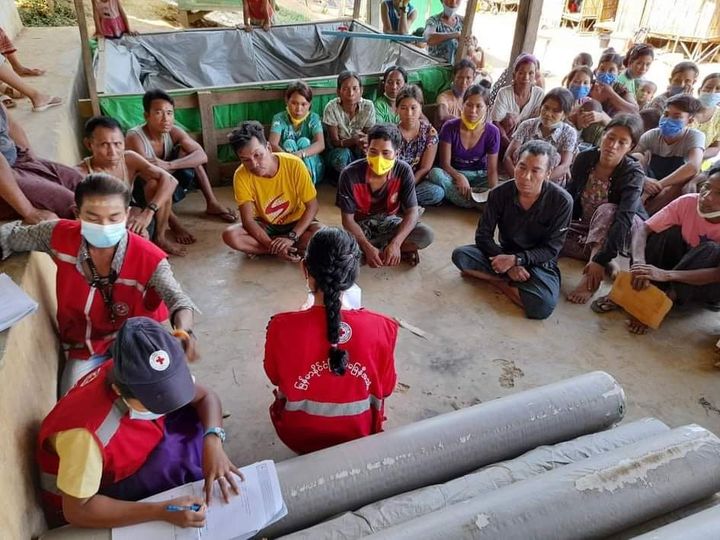
DMG Newsroom
13 August 2021, Sittwe
The International Committee of the Red Cross (ICRC), which provides monthly rice rations and other food supplies to camps for internally displaced people (IDPs) in Arakan State, has suspended food deliveries indefinitely since August 11.
The ICRC informed the IDP camps on August 11 that they could not come because they did not have permission from the Arakan State government, although they had enough food to provide for the displaced people, camp officials said.
The ICRC and the government had provided monthly food supplies for displaced people at the Tin Nyo IDP camp in Mrauk-U Township, where more than 3,000 people are taking shelter. The ICRC’s decision to suspend provisioning indefinitely could make it difficult for the IDPs to survive, said U Soe Naing, the manager of the IDP camp.
“The rice to be supplied by the ICRC must arrive at the camp today or tomorrow. However, the ICRC said yesterday that it would not be possible to provide food aid without government approval. Without this food supply, the IDPs could face famine in the long run,” he explained.
The displaced people from Tin Nyo IDP camp consume more than 1,200 sacks of rice a month, but there are no bags of rice to support the IDPs this month, so camp officials have reportedly asked for help from local and foreign donors.
The IDPs rely on support from international organisations such as the ICRC and World Food Programme (WFP), as well as the government’s Ministry of Social Welfare, Relief and Resettlement.
The government has tightened restrictions on international humanitarian aid, which has forced many displaced people into food insecurity, said an abbot of the Mra Tazaung Monastery.
“Government support is not enough for the IDPs. It is not a regular supply but rather a monthly support. The IDPs will starve if international organisations stop providing support because they are not in a stable position,” the monk said.
Displaced people from IDP camps such as Mra Tazaung, Sinbawkaing, Tin Nyo, Myothit, Zeditaung, Myo U Gaung, Kyaukyitkay, and Shwe Htee Hsaung rely on rice supplied by the ICRC.
Camp officials say that while local and foreign donors may be able to provide food and shelter for the IDPs, it may be difficult in the long run.
The government’s tightening of restrictions on food supplies could lead to delays for humanitarian workers and unwanted public outcry, said U Shwe Baw Sein, chairman of the Rakhine Ethnics Congress (REC).
“People who really need it may have unwanted healthcare and food and shelter problems. On the other hand, the IDPs may face food, social, and psychological problems. There can be many side effects,” he said.
In an email to DMG, the ICRC said the continuation of an ongoing, weeks-long public holiday would slow down the ICRC’s aid conveyance and delay food deliveries scheduled for the coming weeks due to new logistics regulations issued by Arakan State officials.
However, the ICRC said it is currently in talks with Arakan State officials to find a way to address logistical challenges, with the aim of providing assistance to vulnerable communities as soon as possible.
DMG contacted U Hla Thein, an information officer for the Arakan State government, seeking comment on the matter, but he could not be reached.
Among more than 100,000 IDPs in Arakan State who have not yet been able to return home, many have been facing food shortages during the Covid-19 pandemic, with antivirus equipment also in short supply at the displacement camps.





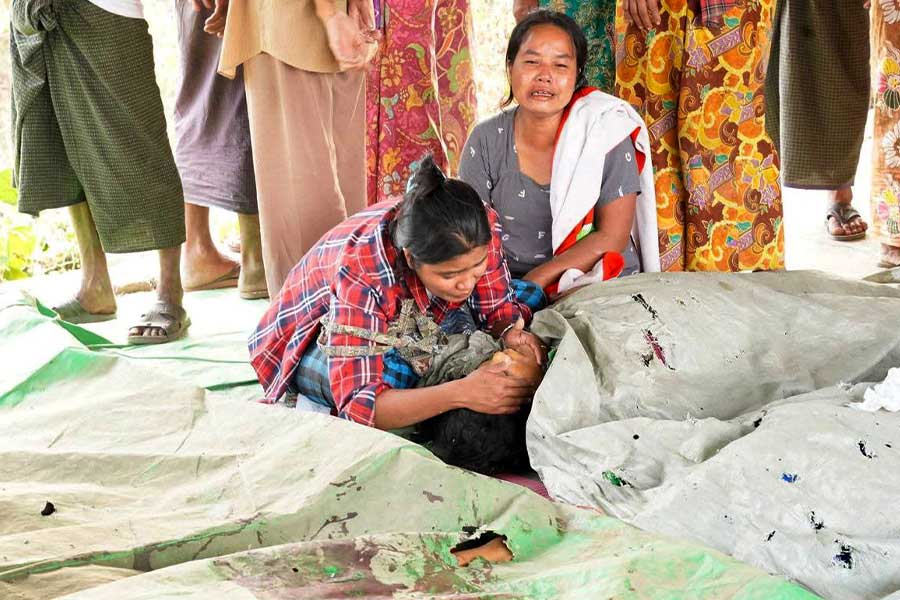
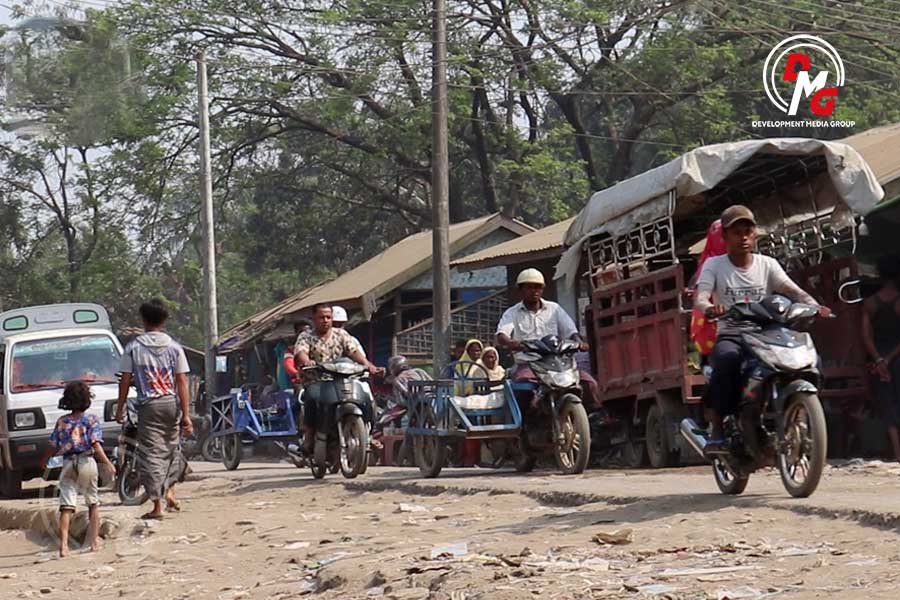
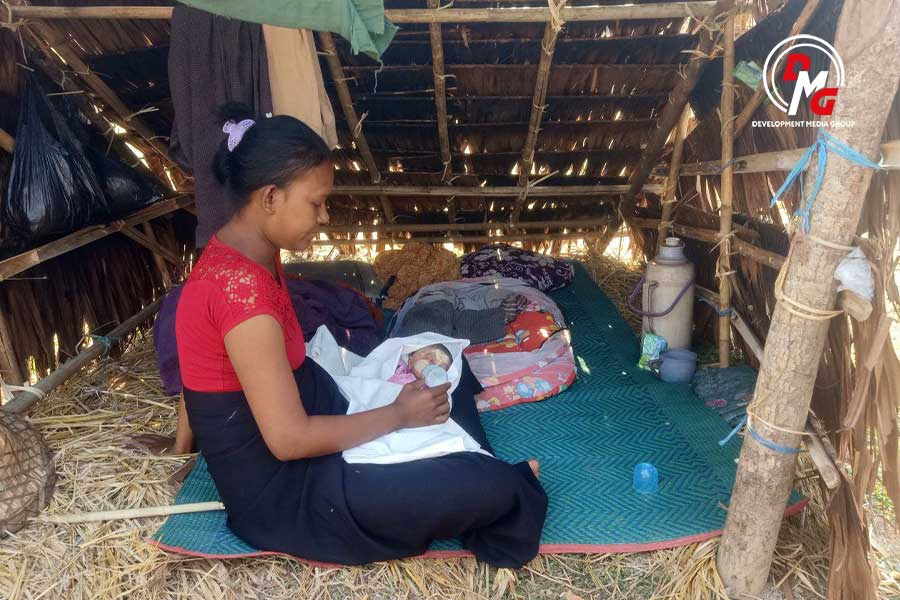
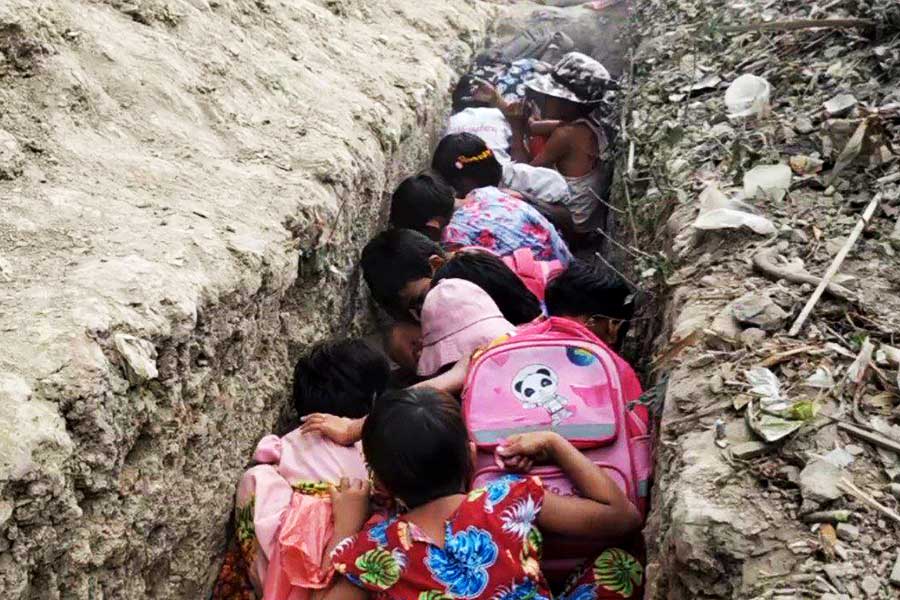








.jpg)